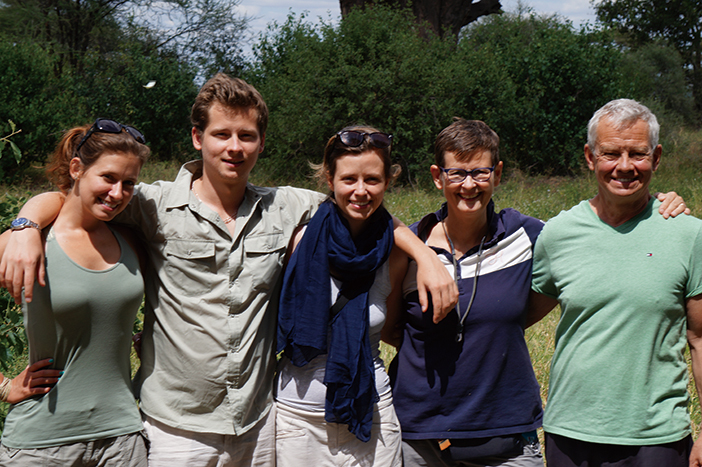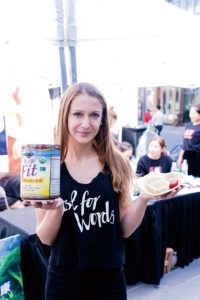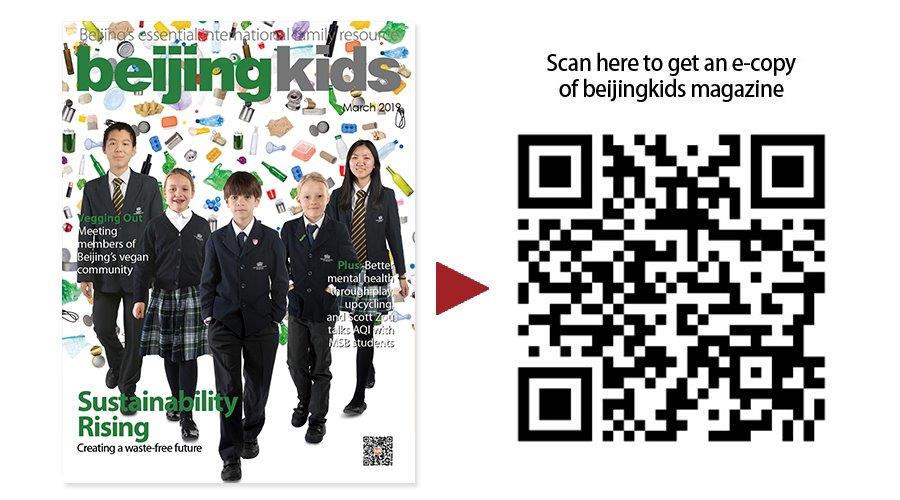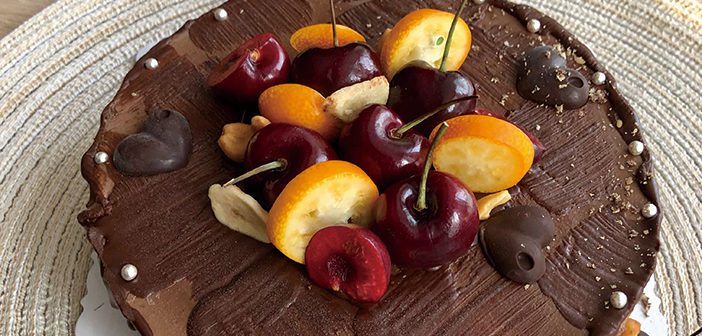Veganism has never enjoyed a higher profile than it does today. Alongside the traditional concerns about animal welfare and healthy eating, there is a new motivation for avoiding meat and dairy in your diet. A global study in 2018 confirmed previous research into the devastating environmental impact of our addiction to cheeseburgers.
“A vegan diet is probably the single biggest way to reduce your impact on planet Earth, not just greenhouse gases, but global acidification, eutrophication, land use, and water use,” according to Joseph Poore from Oxford University, who led the project.
The study found that meat and dairy used 83 percent of farmland, while producing just 18 percent of calories and 37 percent of protein. With an area of rainforest the size of a football pitch cut down every day to clear land for farming, it’s not surprising that veganism has moved from the fringes to the mainstream. A quarter of a million people took part in this year’s “Veganuary,” giving up animal products for a month, and vegan products have been introduced by companies as diverse as Ben & Jerry’s and Ikea. In 2018, Guinness announced that they would no longer use fish bladders in producing their globally popular beer, after 260 years of brewing.
However, this higher profile has been accompanied by a backlash. While vegetarianism is now unexceptional, veganism still provokes strong feelings. The widely shared documentary Cowspiracy was criticized by scientists for its dubious use of statistics, and legitimate concerns have been raised about whether a vegan diet supplies essential minerals and vitamins.
There’s a disturbingly personal and aggressive tone to many attacks on veganism though, with vegans stereotyped as smug and preachy, or superficial: “a 19-year-old food blogger with pink hair who posts pictures of Amaranth grain with the caption ‘Nom nom nom’ is not a dietician,” as the Irish Times sneeringly put it. The introduction of vegan sausage rolls by UK baker Greggs triggered a storm of protest, despite the fact that the pork version was still available for those who wanted it. And a customer calling a British bank about a loan recently was astonished to be told “all vegans should be punched in the face.”
So what is the reality? What sort of people decide to adopt a vegan lifestyle, and why? What challenges do they face, and does living in China make those challenges easier or harder? We spoke to members of Beijing’s vegan community to find out.
Christine Jensen is not only a veteran veggie, having given up meat and fish at the age of 10, but also an old China hand that has raised her three children meat-free in Beijing. As she told us though, this was less tricky than her own experience during her childhood in Europe.

Christine Jenson and her family (pictured second from left)
“I find being a vegan quite easy in China,” she told us. “I became a vegetarian, not eating any meat or fish, when I was 10 years old in France. That was difficult. All I could eat when I was out was a green salad and an omelet. I have hated omelets ever since!”
In part, she explained, this is because China’s religious history means there is a tradition of eating a meat-free diet, even if the understanding of what constitutes meat might not always be the same.
“There is always a way to find a Buddhist restaurant. My first trip in China was in 1991, and I traveled with three children under 5, all strict vegetarians. We managed to find restaurants and explain ‘no meat, no fish, no chicken’. For some reason, people always assumed we would eat chicken!”
She now finds modern technology as helpful as ancient traditions.
“When traveling, I have relied since 2000 on Happy Cow [a vegan restaurant-finder app]. Wherever we were going, it always had restaurant recommendations. Now with smartphones, it is easy to type you are vegetarian, but then you have to be careful. It has happened that I sent food back after seeing ham or pieces of meat in it.”
We wondered whether her children had ever rebelled, perhaps demanding McDonalds or KFC.
“No, never,” Jensen said. “I was told when they were teenagers, I would not be able to control them. It was not about control though, but explaining why we made the choice. Meat is a killed animal, and this is something I do not think is right, and that’s what I explained to my kids. They have been put to the test in their schools, with teachers telling them to try [meat], but they never did. They are now 33, 30, and 28, and still going on strong!
“I think when we explained why we do things and which choices we make as a family – though let me add Dad is an omnivore and loves chicken – they were fine.”
Musician and artist Raei2 is nearer in age to Jensen’s children, and perhaps closer to the cliché idea of a vegan: a creative Millennial, of strong principles, and striking appearance. But in conversation, she is approachable and humorous, far from the self-righteous stereotype. She too has found dining in restaurants requires care at times.

Raei2
“Eating out has required a lot of research beforehand. I’ve had to look at what exists in certain areas and work around that,” she said. “At ‘normal’ restaurants I’ve learned to always ask whether a dish has any animal products before ordering, as I have had my fair share of ‘vegetarian’ meals infested with tiny bits of meat that you don’t notice in the pictures.
“It’s easy to explain my dietary needs, even when using a translator, but after they’ve understood I’ve often been told ‘we don’t have anything for you’ or ‘we can’t make anything for you,’ even at western restaurants. However, I have had pleasant experiences where they’ll try to make something for me or even get the chef to come to speak to me.”
Learning Mandarin was a big step forward for her.
“Before I could read Chinese, all I had really was Google Maps, which can be quite limited. Being able to speak Chinese, but more especially read it, has helped drastically as it gave me the ability to read apps like Dianping and Eleme, which opens an endless amount of doors. Only then did I realize that being a ‘pure vegetarian’ here isn’t such a nightmare. Another thing that helped was the Vegans of Beijing group – it truly is a lifesaving group.”
There’s more to the vegan community than just WeChat groups, Raei2 told us.
“Meet-ups are definitely a large part of veganism. Even in South Africa, where I’m from, meet-ups are held even though being vegan there is no struggle at all. I feel like they help, especially when it comes to exchanging ideas about food and the range of possibilities. The meet-ups here are often focused on going to different restaurants, as a way to reach out and show the restaurants that the market is large enough to cater for. The community makes navigating so easy as it’s very welcoming; even when having heated debates everyone remains respectful.”
For Jensen too the rapidly developing community is important.
“Now I do not find I am the only strange person with a weird diet! So I can’t complain. As the number of vegetarians and vegans is growing, life is so much easier.”
Some may be deterred from joining this movement as they think it means foregoing treats like cake and dessert. Russian Irina Tcygankova, 11 years a Beijinger, is on a mission to prove otherwise. Though as she told us, her delicious sweets can be enjoyed by everybody.

Irina Tcygankova
“I promote them as ‘healthy desserts, healthy cakes,’” she said. “They are not only for vegans, but for all. I have made many, many birthday cakes!”
For Tcygankova, health and fitness are fundamental to her dietary choices.
“I’ve never been a ‘meat eater’, I liked sport and a healthy lifestyle. Many people said if I do a lot of sports, I should eat a lot of animal protein to stay healthy and strong. I wouldn’t agree with that. I tried not to eat meat, eggs, milk, fish… And I felt much better, with more energy and bright skin.”
Her mission includes not only making egg- and milk-free desserts, but teaching others how to make them.
“I like to inspire people to become vegans,” she said. “I do workshops called ‘Raw Vegan Cakes’. Many different people come along to the workshops! Vegans, non-vegans, Russians, Chinese, Americans, Canadians… girls, guys…”
We asked Raei2 what advice she would give to anyone thinking of trying out a vegan diet.
“Don’t hesitate!” she said. “Find vegan versions of your favorite meals, so that you aren’t suddenly lost once you make the transition. If you are concerned about nutrients, just do a little research beforehand to find good sources of these, and find recipes using these ingredients.”
Her final words demonstrated the difference between the absolutist vegans of myth, and the friendly, positive people we talked to.
“Stay open-minded to new tastes, and experiment,” she said. “And don’t feel bad if you make mistakes and eat the wrong thing.”
Dining Out, Vegan Style
Beijing is fabulously supplied with places to eat, and if you’re meat- and dairy-free there’s no reason to miss out. Here are some of the best places for vegan food – bear in mind though that businesses come and go quickly in this city, so we advise you to check with the restaurant before heading out! The Happy Cow app is also an excellent source of up-to-date information.
Beijing Vegan Hut
Not only completely free of animal products, but mostly cooked without oil too, for Chinese fusion food that’s healthy as well as cruelty-free. And did we mention delicious?
Stall 0912, 2/F, Bldg 9, Jianwai Soho, 39 Dongsanhuan Zhonglu, Chaoyang District (5869 9856)
Bencao Yushan
Extensive buffet lunch and a la carte dinner.
City Mall Shopping Centre, 1 Xinyuan S Rd, SanYuan Qiao, Chaoyang District (137 0103 7471)
Lao Qi Yansu
Yunnan food made with fake meat and plant milks.
17 Guangshun N St, Wangjing, Chaoyang District (8416 1933)
SuZhi Pure Vegan Tea & Restaurant
An upscale restaurant with a downtown location. One to impress your vegan date.
Nanxincang Business Building 1F, Dongsishitao, Dongcheng District (5218 5148)
Veggie Table
The name says it all. Fast food faves like burgers, meat-free.
Ze Tao Xuan Shu Ma Kuai Yin, Dongcheng District (6446 2073)
Wutai Yun Vegan & Organic Restaurant
The vegetables used here come from the owners’ organic farm, and the food is cooked without onions or garlic.
54 Jiaoda E Rd, Haidian District (5423 2059)

This article first appeared in the beijingkids March 2019 Sustainability issue.
Photos: Courtesy of the featured interviewees




